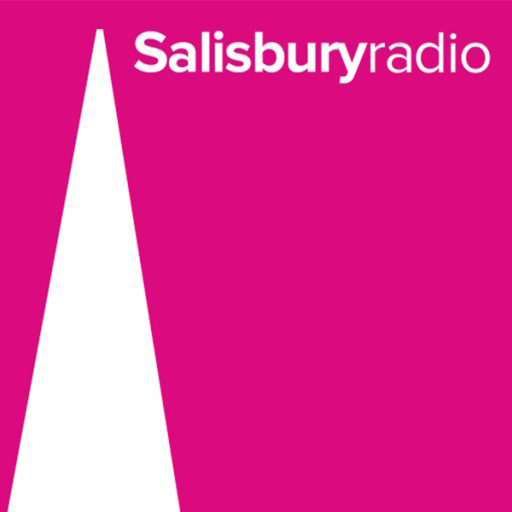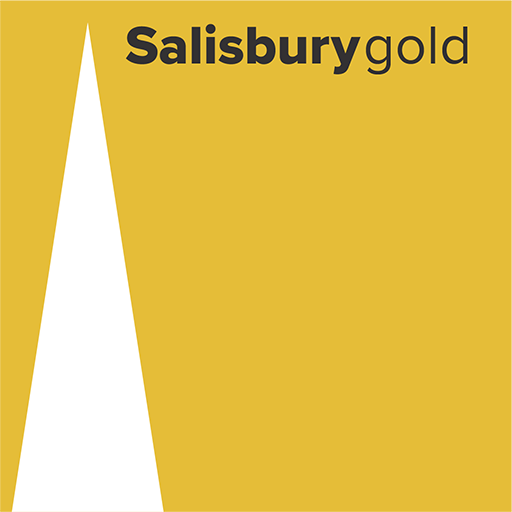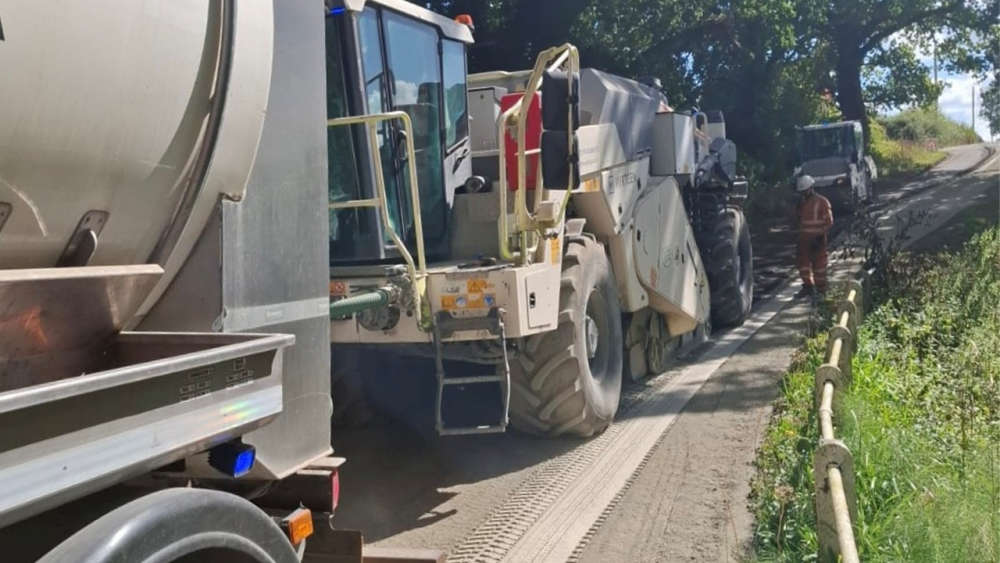
Wiltshire Council says it is making significant savings and resurfacing more rural roads thanks to an innovative road recycling scheme that breaks up, treats and then re-lays the existing road surface.
The project is saving a huge 220 tonnes of carbon emissions compared to traditional resurfacing of similar sites, with 91% (9,749 tonnes) of the road surface recycled. It also saves money – it’s around 45% cheaper than traditional resurfacing, which means more roads can be treated.
The method is particularly beneficial for rural roads, many of which have evolved from old tracks and lack proper construction. These roads are often used by large agricultural machinery and can suffer from cracking, undulation and pothole damage.
The process begins with a large machine that removes the existing road surface and pulverises it into small pieces. This material is then mixed with a binder and re-laid onto the road, where it can be left to harden over time or be sealed with a new surface layer. All the work is carried out on-site, significantly reducing lorry movements, speeding up the process, and minimising disruption to the local community.
Cllr Ian Thorn, Leader of Wiltshire Council, said: “We are often told that initiatives to reduce carbon emissions cost too much money, but this is a clear example of how cutting down on emissions also helps to save the council money.
“This innovative road recycling scheme is a win-win for Wiltshire, as we are able to resurface more rural roads and improve rural connectivity, while also saving money and dramatically cutting carbon emissions.
“Recycling 91% of the existing road surface and avoiding 220 tonnes of carbon is a clear demonstration that green initiatives can deliver real value for both the environment and the taxpayer.”

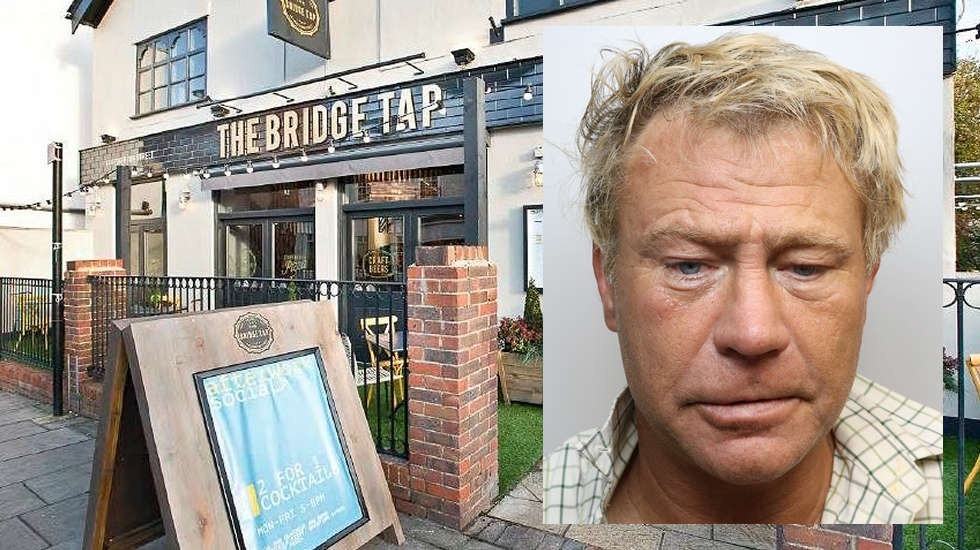 Man jailed for assault at Bridge Tap pub
Man jailed for assault at Bridge Tap pub
 PHOTOS: Baby Pigmy goats are New Kids on the Block at Longleat
PHOTOS: Baby Pigmy goats are New Kids on the Block at Longleat
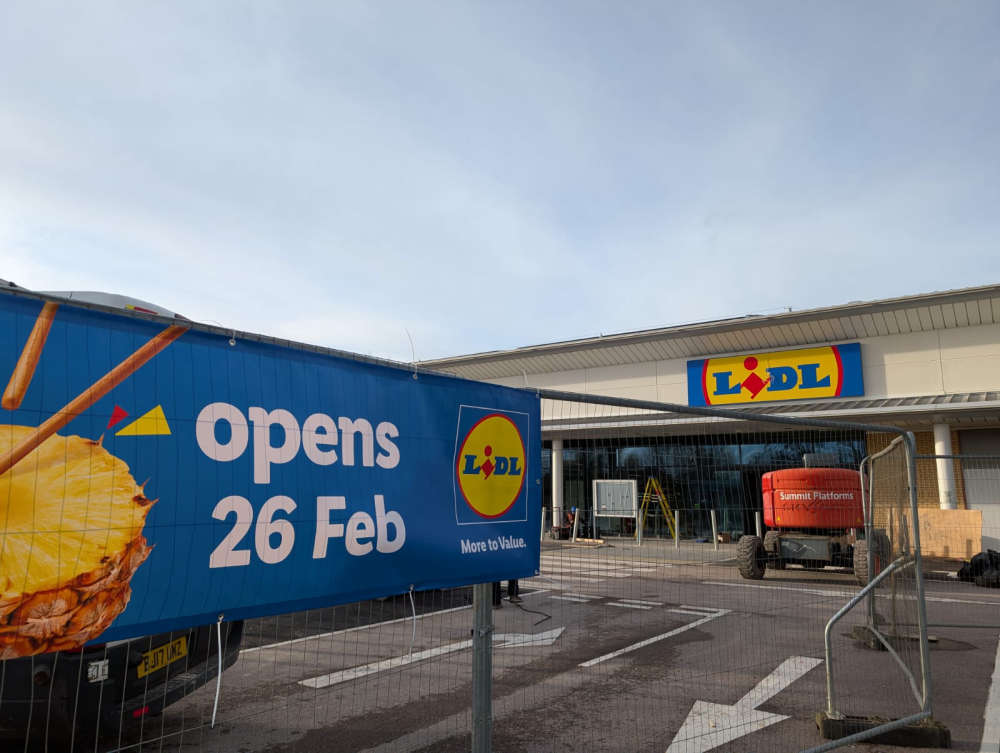 New Lidl store plans 'Grand Opening'
New Lidl store plans 'Grand Opening'
 Review: Rock and Roll Man. "It's quite possibly the best show I have ever seen at Salisbury Playhouse!!"
Review: Rock and Roll Man. "It's quite possibly the best show I have ever seen at Salisbury Playhouse!!"
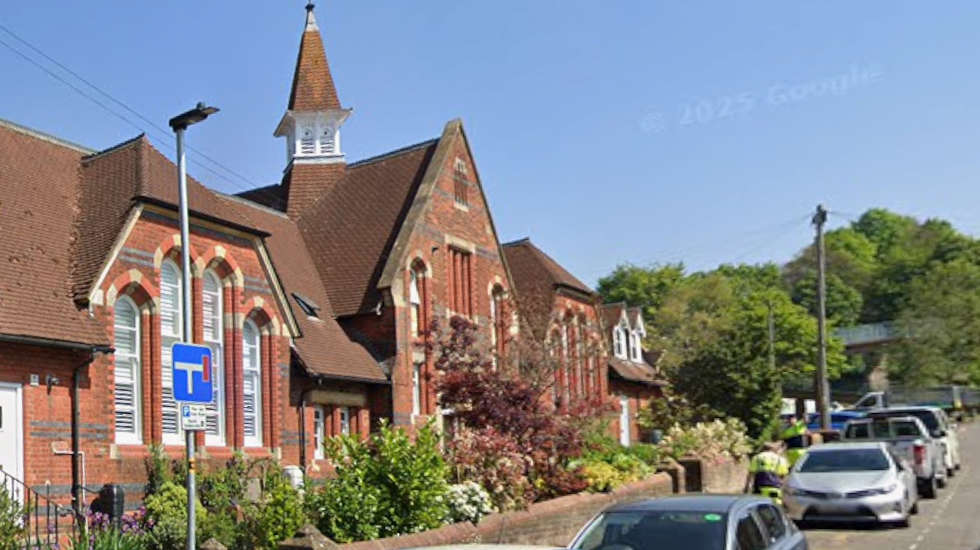 Wyndham Road to be closed in phases for gas works
Wyndham Road to be closed in phases for gas works
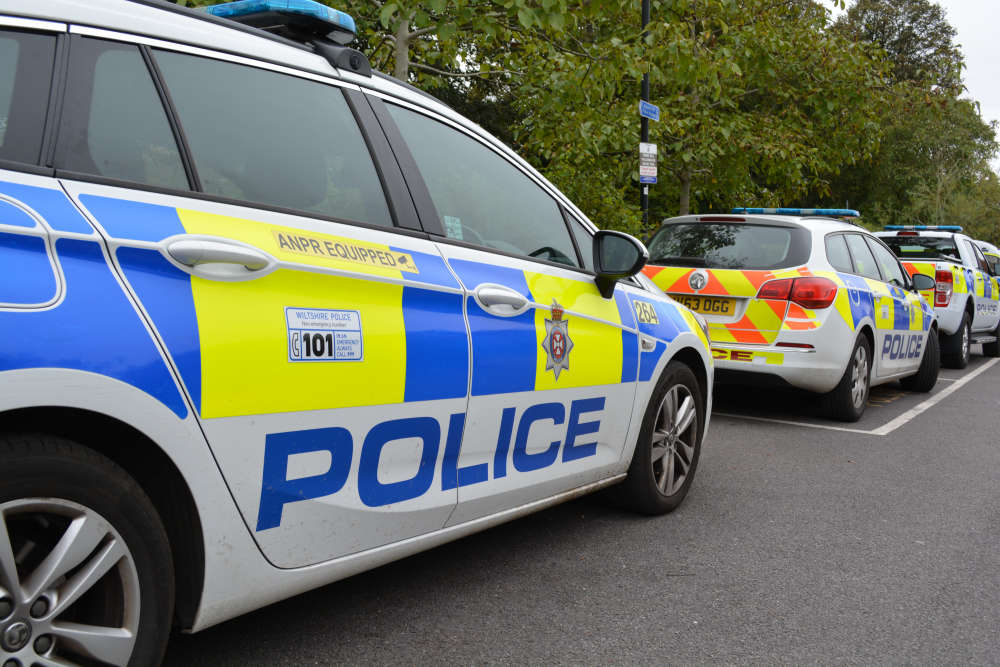 Two pensioners die after A30 crash at Nether Wallop
Two pensioners die after A30 crash at Nether Wallop
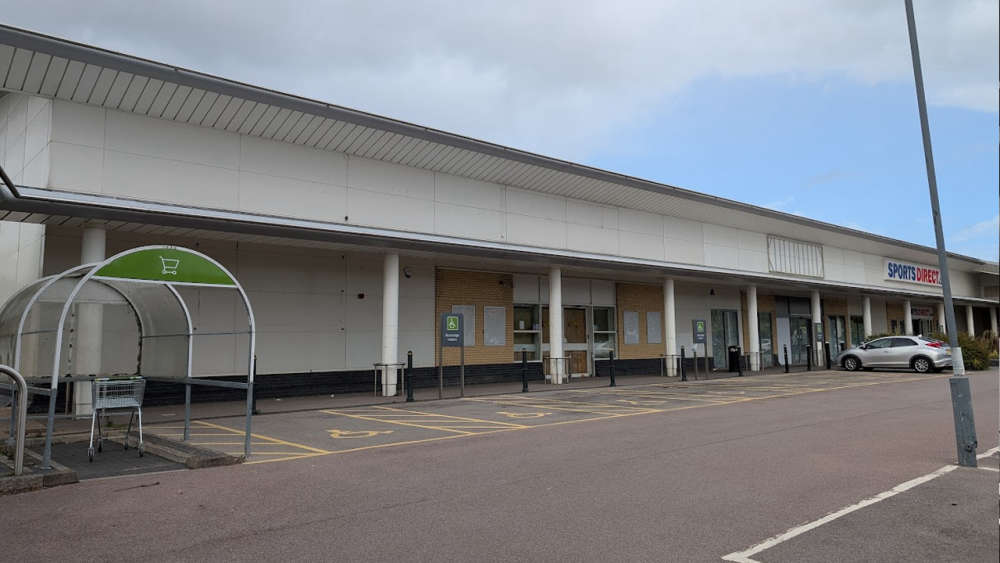 8 days until Salisbury's second Lidl store opens
8 days until Salisbury's second Lidl store opens
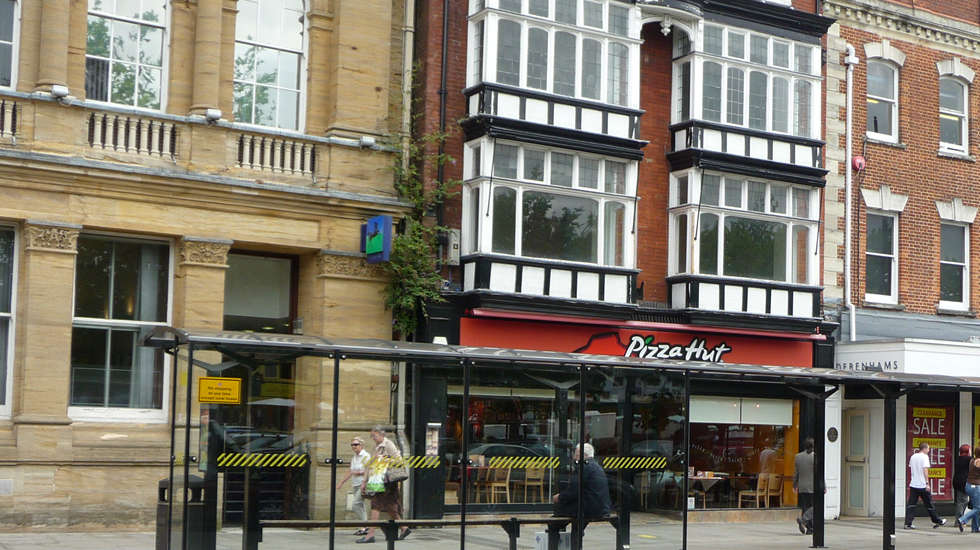 New 'boozer' to open in the city centre
New 'boozer' to open in the city centre





